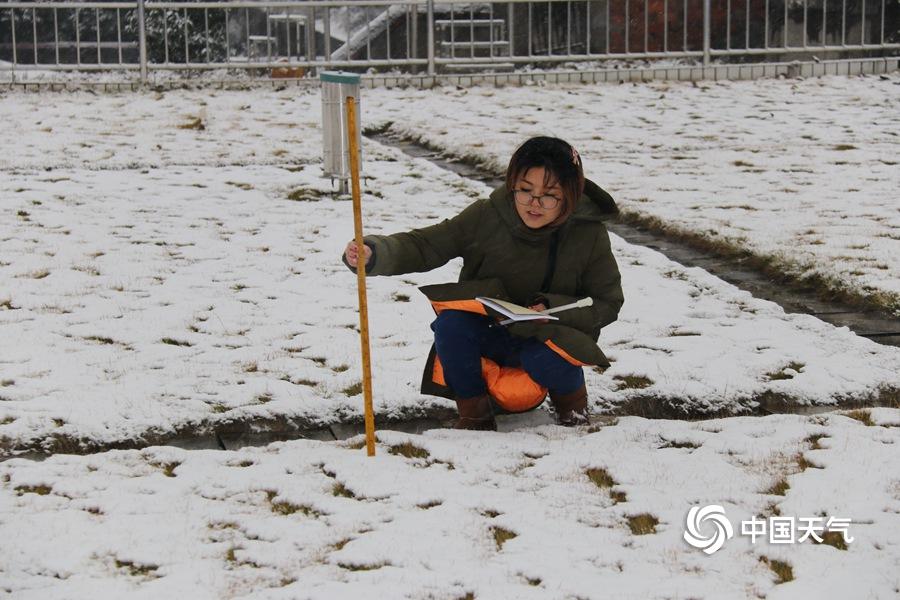 |
| President Moon Jae-in is being briefed on energy policies at Cheong Wa Dae, Feb. 25. Korea Times file |
President now favors nuclear power amid surging oil prices
By Lee Kyung-min
President Moon Jae-in has come under intense criticism over his sudden embrace of nuclear energy, Monday, in what critics say is a desperate, last-minute turnaround in policy to limit the accountability of his administrative failures.
Energy experts said Monday that the nuclear phase-out policy spearheaded by Moon is the definition of populism gone wrong, brought into existence largely because the then-presidential candidate used the Korean film "Pandora" ― a disaster movie highlighting the consequences of using the much-criticized energy source ― for his own political gain.
The railroading of Moon's green initiative over the past five years has come at the expense of the nuclear energy industry, experts said. Many small and medium-sized businesses in the industry say they had to bear the brunt of the "ill-conceived, ill-executed and politically motivated" government policy. Gone to waste, they add, are years of money, time, energy and efforts that have been put into developing key technologies needed to construct and maintain the nuclear facilities, with very little to no chance of bouncing back from the business failures brought on by botched state policies.
Further fueling the criticism is Cheong Wa Dae's brazen claim that the Moon administration is not being inconsistent with the energy policy, since it never said that the government would put an "immediate end" to using nuclear energy.
 |
| A nuclear plant in Uljin in North Gyeongsang Province. Korea Times file |
Pattern of inconsistency
"The signs of inconsistency in policy have always been there," Seoul National University economist Lee In-ho said.
"The movie suited the interest of the then-leading candidate, as well as those seeking hefty gains from a new priority of government energy policy ― renewables. The public stands to pay a high price," the economist added.
Moon said Feb. 25 that the government should use nuclear energy as a core energy source for the next 60 years, in a clear change of stance from the anti-nuclear sentiment he maintained since stepping into office in May 2017.
Moon said that a "full review of nuclear policies" would be in order in June 2017, a month after his inauguration.
The declaration made at an event held to celebrate the permanent shutdown of Gori 1, a nuclear power plant in Busan, entailed plans in detail to prohibit the new construction of nuclear plants.
"The nuclear phase-out policy is a wave of change that cannot be reversed," he said at the time. "The government will recognize and treat the safety of nuclear power plants as a national security matter," he added.
He mentioned every single earthquake that occurred in the country since September 2016, using them as a basis for his claim that a nuclear power plant collapse triggered by such natural disasters would be too fatal for the nation to overcome.
"The Fukushima nuclear disaster clearly showed that nuclear power plants are not safe, cheap, or eco-friendly at all. The public will have to bear an unimaginable cost in the event of a nuclear disaster," he said.
Years later, however, Moon began to tout Korea's nuclear technology in his overseas state visits, citing qualities he characterized as "economical and safe."
The public fury-inducing double standard was explained in large part by higher energy costs, compounded by a rapid overall decline in industrial productivity.
Biz, academia in crossfire
"The local nuclear energy industry has virtually collapsed," said Park Ho-jeong, a professor of Resources and Energy Economics at Korea University.
"Korea, long recognized for its world-class advanced nuclear technology for more than two decades, has largely waned to the point where a swift, viable recovery is impossible."
Sales of the local nuclear energy industry slid to 20 trillion won ($16 billion) in 2019, down from 27 trillion won in 2016 before Moon entered office.
Sales last year are estimated to have slumped to as low as 10 trillion won, a level seen a decade ago.
The number of university students majoring in nuclear engineering took a dive to 524 in 2020, down from 817 in 2017. The number of university students in nuclear energy-related departments also decreased to 2,190, down from 2,777, in the same period.

 微信掃一掃
微信掃一掃 